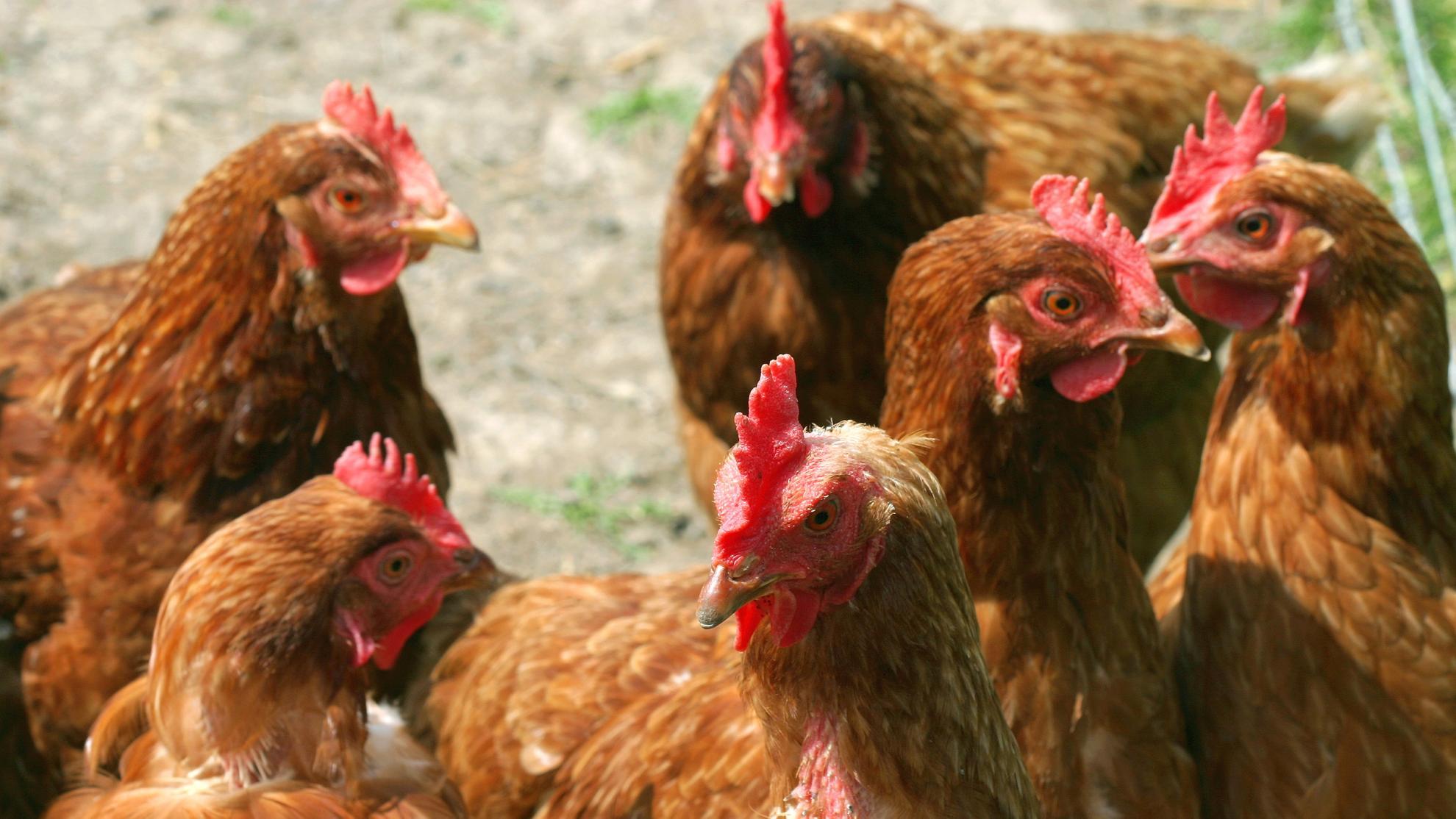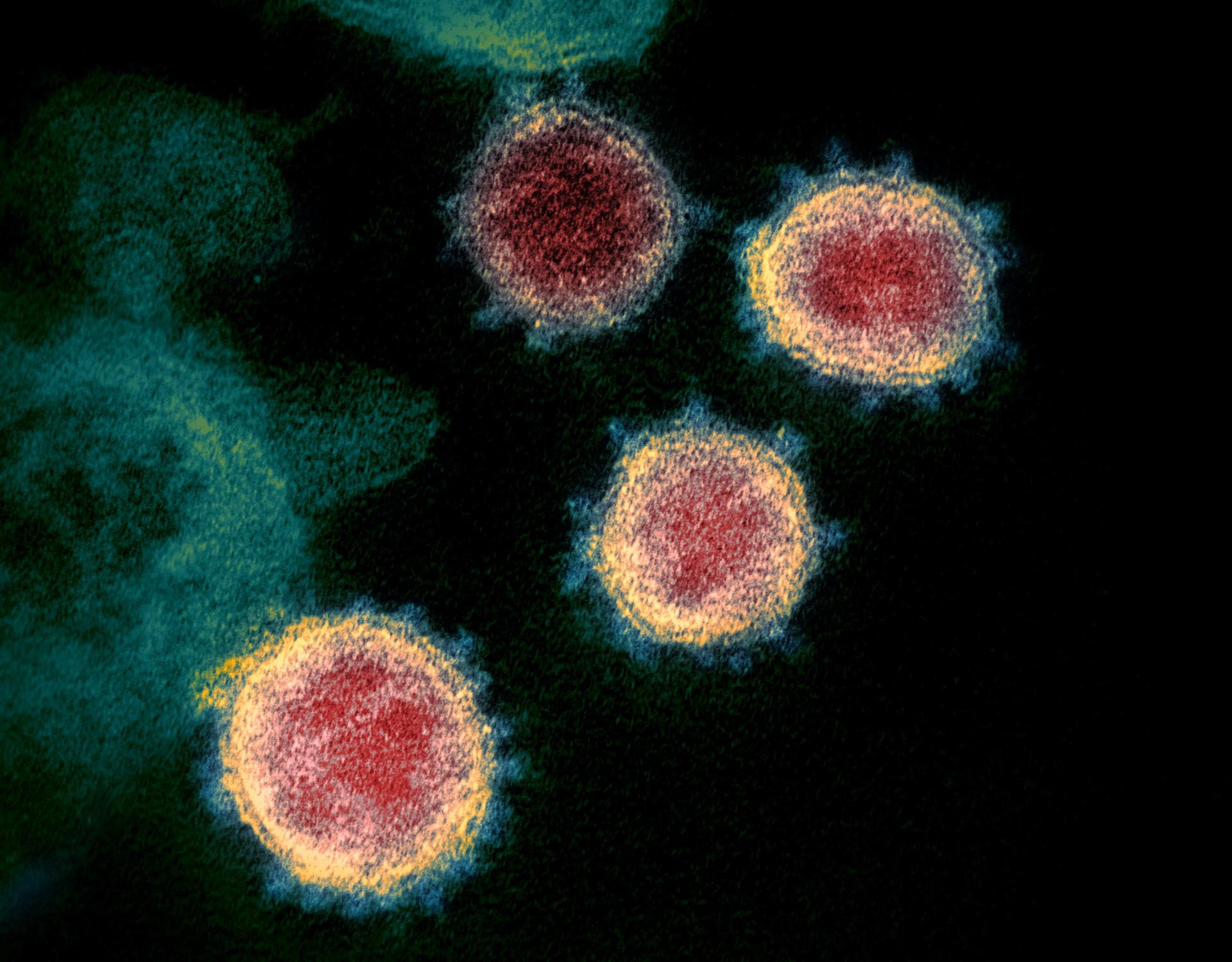Presence of antibodies to SARS-CoV-2 in domestic cats in Istanbul, Turkey, before and after COVID-19 pandemic
Recent studies demonstrated that domestic cats can be naturally and experimentally infected with severe acute respiratory syndrome coronavirus-2 (SARS-CoV-2). This study was performed to investigate the presence of SARS-CoV-2-specific antibodies within the domestic cat population in Istanbul, Turkey, before the coronavirus disease 2019 (COVID-19) and during the COVID-19 pandemic. Overall, from 155 cat sera analyzed, 26.45% (41/155) tested positive in the spike protein-ELISA (S-ELISA), 28.38% (44/155) in the receptor-binding domain-ELISA (RBD-ELISA), and 21.9% (34/155) in both, the S- and RBD-ELISAs. Twenty-seven of those were also positive for the presence of antibodies to feline coronavirus (FCoV). Among the 34 SARS-CoV-2-positive sera, three of those were positive on serum neutralization assay. Six of the 30 cats before COVID-19 and 28 of the 125 cats during COVID-19 were found to be seropositive. About 20% of ELISA-positive cats exhibited mainly respiratory, gastrointestinal, and renal signs and skin lesions. Hematocrit, hemoglobin, white blood cells, lymphocyte, and platelet numbers were low in about 30% of ELISA-positive cats. The number of neutrophils and monocytes were above normal values in about 20% of ELISA-positive cats. The liver enzyme alanine aminotransferase levels were high in 23.5% ELISA-positive cats. In conclusion, this is the first report describing antibodies specific to SARS-CoV-2 antigens (S and RBD) in cats in Istanbul, Turkey, indicating the risk for domestic cats to contract SARS-CoV-2 from owners and/or household members with COVID-19. This study and others show that COVID-19-positive pet owners should limit their contact with companion animals and that pets with respiratory signs should be monitored for SARS-CoV-2 infections.

